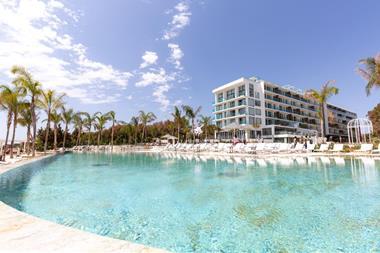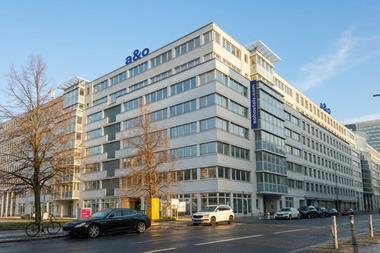GERMANY - Discounted secondary trades in German open-ended real restate funds (GOEFs) are partly to blame for the rise in dissolved vehicles, according to Aberdeen Asset Management's head of Germany.
Hartmut Leser told IP Real Estate there were a number of reasons behind the recent closure of GOEFs, but an important factor was "secondhand buyers in these vehicles who bought their shares at reasonable discounts".
The comments come after the property arms of SEB Asset Management and Credit Suisse attempted to un-freeze their respective funds by opening them for a single day of trading - with a large number of investors wanting out and opting to redeem their unit holdings.
Asked why Aberdeen did not pursue a similar tactic and instead liquidated funds it inherited from the 2008 merger with Degi, he said: "We did not even try because in our case it was more or less clear that it would not work."
Aberdeen itself is currently dissolving three GOEFs and expects to finally close one European and two internationally diversified funds by 2013 and 2014, respectively. The asset manager announced in October last year that it would liquidate its €1.5bn Degi GOEF by 2014.
Leser said that it was "not a problem finding buyers for these properties because there is a great interest especially in German property" stemming from large institutional investors.
He pointed out that the Spezialfonds market - "the dominant market segment in the German institutional sector" - was "far from booming".
Nevertheless, he expected Aberdeen to climb to second place in the annual BVI statistics on real estate Spezialfonds this year, up from third place last year and eighth in 2010.
He predicted the major areas of interest for investors in 2012 would be pan-European products in the office and retail space offering onsite presence, as well as German residential property.
Aberdeen recently launched its first Spezialfond for the for residential units, already attracting €100m in seed capital.












